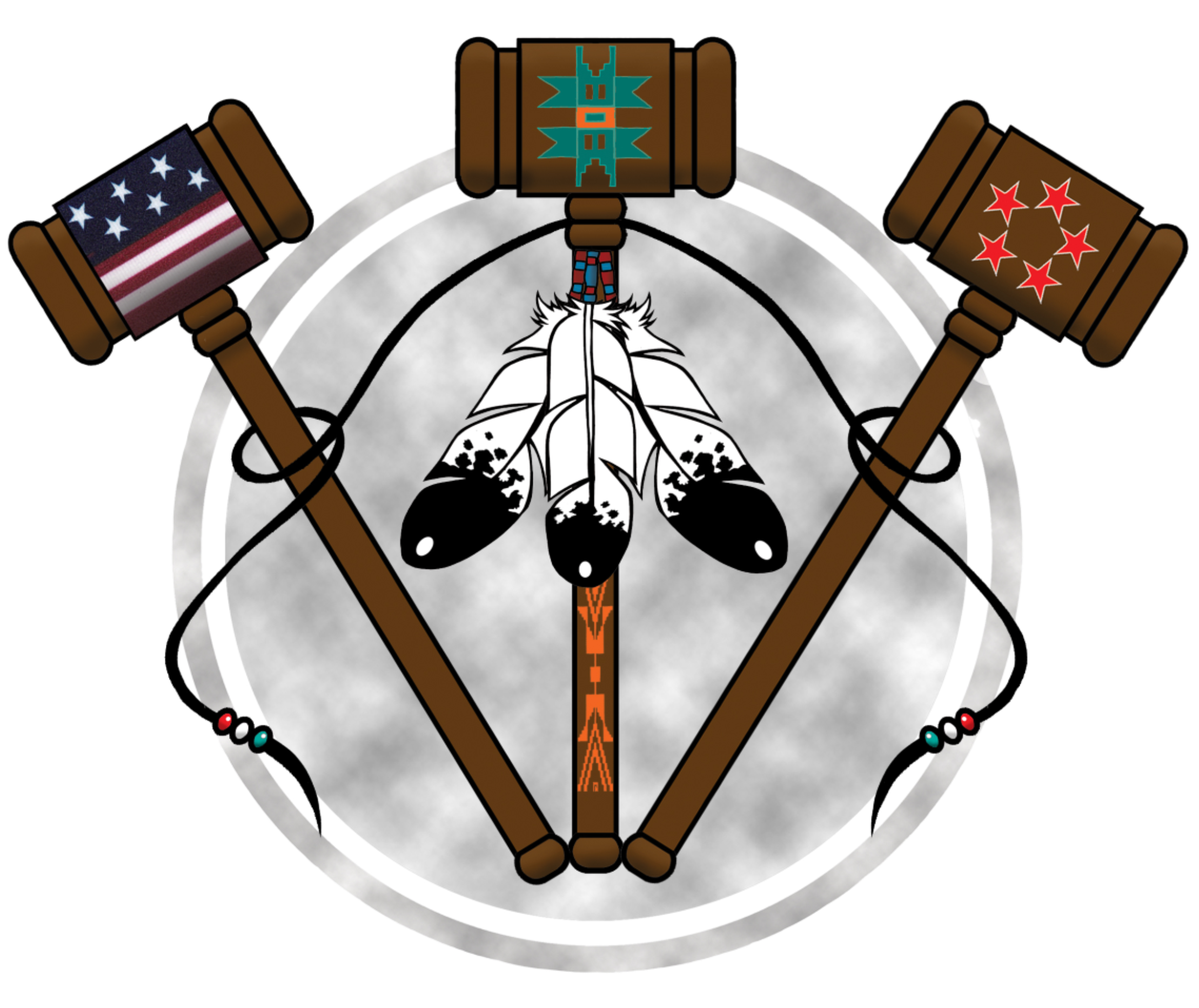The Department of Justice is expanding the Tribal Access Program (TAP) for National Crime Information which provides federally-recognized tribes access to national crime information databases for both civil and criminal purposes. Tribes interested in participating in TAP must submit a letter or resolution from the tribe’s governing body by December 2, 2016. TAP allows tribes to more effectively serve and protect their communities by ensuring the exchange of critical data.
In the fall of 2015, DOJ selected tribes to participate in the initial User Feedback Phase of TAP. This partnership focused on testing DOJ’s technology solution and training support; it also enabled tribes to identify and share best practices regarding the use of national crime information databases to strengthen public safety.
During 2016, participating tribes received a kiosk workstation that provided access to national systems as well as training to support whole-of-government needs. User Feedback Phase tribes have elected to implement TAP in a variety of criminal and civil agencies. Those tribal criminal agencies included law enforcement agencies, prosecutors, criminal courts, jails, and probation departments. The tribal civil agencies and programs that were eligible to use TAP included agencies whose staff and volunteers have contact with or control over Indian children; public housing agencies; child support enforcement agencies; Head Start programs; civil agencies that investigate allegations of abuse, neglect, and exploitation of children; civil courts that issue orders of protection, restraining orders, or other keep away orders; and sex offender registration programs.
TAP enhances tribal efforts to register sex offenders pursuant to the Sex Offender Registration and Notification Act (SORNA); have orders of protection enforced off-reservation; protect children; keep firearms away from persons who are disqualified from receiving them; improve the safety of public housing, and allow tribes to enter their arrests and convictions into national databases.
TAP supports tribes in analyzing their needs for national crime information and includes appropriate solutions, including a-state-of-the-art biometric/biographic kiosk workstation with capabilities to process finger and palm prints, take mugshots and submit records to national databases, as well as the ability to access CJIS systems for criminal and civil purposes through the Department of Justice’s Criminal Justice Information Network. TAP, which is managed by the DOJ Chief Information Officer, provides specialized training and assistance for participating tribes, including computer-based training and on-site instruction, as well as a 24×7 Help Desk.
Eligibility Criteria for Interested Tribes
Because of the success of the User Feedback Phase, DOJ is expanding TAP. Tribes who have either an Adam Walsh Act Sex Offender Registry, or a tribal law enforcement agency which is not a federal Bureau of Indian Affairs police department, are eligible to participate in TAP. Thepertinent dates for the next phase of TAP:
Expression of Interest Submission October 24 – December 2, 2016
Notification of Selection December 16, 2016
Onboarding and Vetting January 9 – May 31, 2017
Deployment May 9 – September 29, 2017
Federally recognized tribes interested in participating in TAP must submit a letter or resolution from the tribe’s governing body. That document should include:
· Name and contact information of a senior tribal executive who will act as the primary TAP point of contact. This individual must have authority to ensure coordination of TAP across various tribal agencies, departments, and offices. An alternate POC must also be named.
· A statement acknowledging that misuse or non-use may result in TAP access being discontinued.
· Language affirming the tribe’s agreement to:
· Make whole-of-government legislative and policy determinations which provide guidance to tribal agencies about how national crime information databases are used, including what tribal data is entered into those systems.
· Use TAP to close gaps related to access to national crime information databases if that was an impediment to the implementation of SORNA. This must be accomplished within one year of deployment.
· Execute a Memorandum of Agreement with FBI CJIS and pay the standard national User Fees associated with fingerprint-based for noncriminal justice (civil) purposes.
· Provide necessary documentation and establish appropriate policies during the Onboarding and Vetting time period.
· Ensure users of TAP establish appropriate accounts, take required training, background checks, and obtain necessary certification during the Onboarding and Vetting time period.
· Ensure users of TAP participate in deployment day training during the Deployment time period.
· Comply with and adhere to auditing and policy requirements as well as all personnel, physical, and technical security requirements.
· Provide high-speed Internet access to the kiosk.
The letter or resolution from the tribe’s governing body must be sent to TAP.App@usdoj.govno later than midnight eastern time, December 2, 2016.
For more information about the Justice Department’s work on tribal justice and public safety issues, visit: www.justice.gov/tribal.
For specific information on TAP, visit www.justice.gov/tribal/tribal-access-program-tap.
